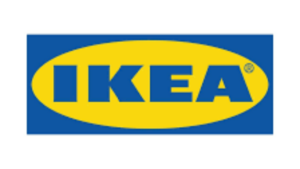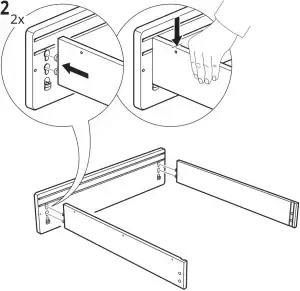IKEA, the Swedish furniture giant, is more than just a chain of stores. Behind its well-organized shelves and simplified assembly instructions lies a legacy of inclusion and accessibility. This is largely thanks to its visionary founder, Ingvar Kamprad.
The Legacy of Its Founder
Do you know what IKEA stands for?
I for Ingvar (founder’s first name)
K for Kamprad (founder’s last name)
E for Elmtaryd (the family farm’s name)
A for Agunnaryd (the founder’s childhood village)
Ingvar Kamprad himself was dyslexic. He founded IKEA in 1943 with an audacious vision: to offer stylish and affordable furniture for everyone. His own experience with dyslexia shaped his approach to design and accessibility. inspiring simple and intuitive solutions that make life easier for everyone.
Visual References
Dyslexics are highly visual. They use a lot of images to approach and understand reality. This is how their daily lives are sprinkled with clues. Ingvar Kamprad imagined special product names to avoid getting lost in the jungle of IKEA references. Did you know?
Beds, wardrobes, entryway furniture: names of Norwegian places.
Librairies: names of professions.
Bathrooms: names of Scandinavian lakes and rivers.
Desks, chairs, swivel chairs: Scandinavian male first names.
Garden furniture: names of Scandinavian islands (such as Askholmen here).
Visual Assembly Instructions
One of IKEA’s most iconic features is its visual assembly instructions. Designed to be easily understood, these detailed illustrations allow everyone, including dyslexic individuals, to assemble their furniture without having to decipher long manuals. Endowed with exceptional qualities , particularly developed sense of observation and 3D vision, dyslexics are masters in the art of IKEA assembly!
Intuitive Shopping Environment
IKEA stores are designed to provide a smooth and intuitive shopping experience. Products are logically arranged, with clear signage and effective indicators, making navigation easy even for those who struggle with reading.
A Legacy of Inclusion and Accessibility
Ingvar Kamprad’s legacy continues to guide IKEA in its commitment to inclusion and accessibility. Honouring the founder’s core values, IKEA remains a DYS-friendly brand, offering implicit support to dyslexic individuals and all those seeking simple and practical solutions for their daily lives.










